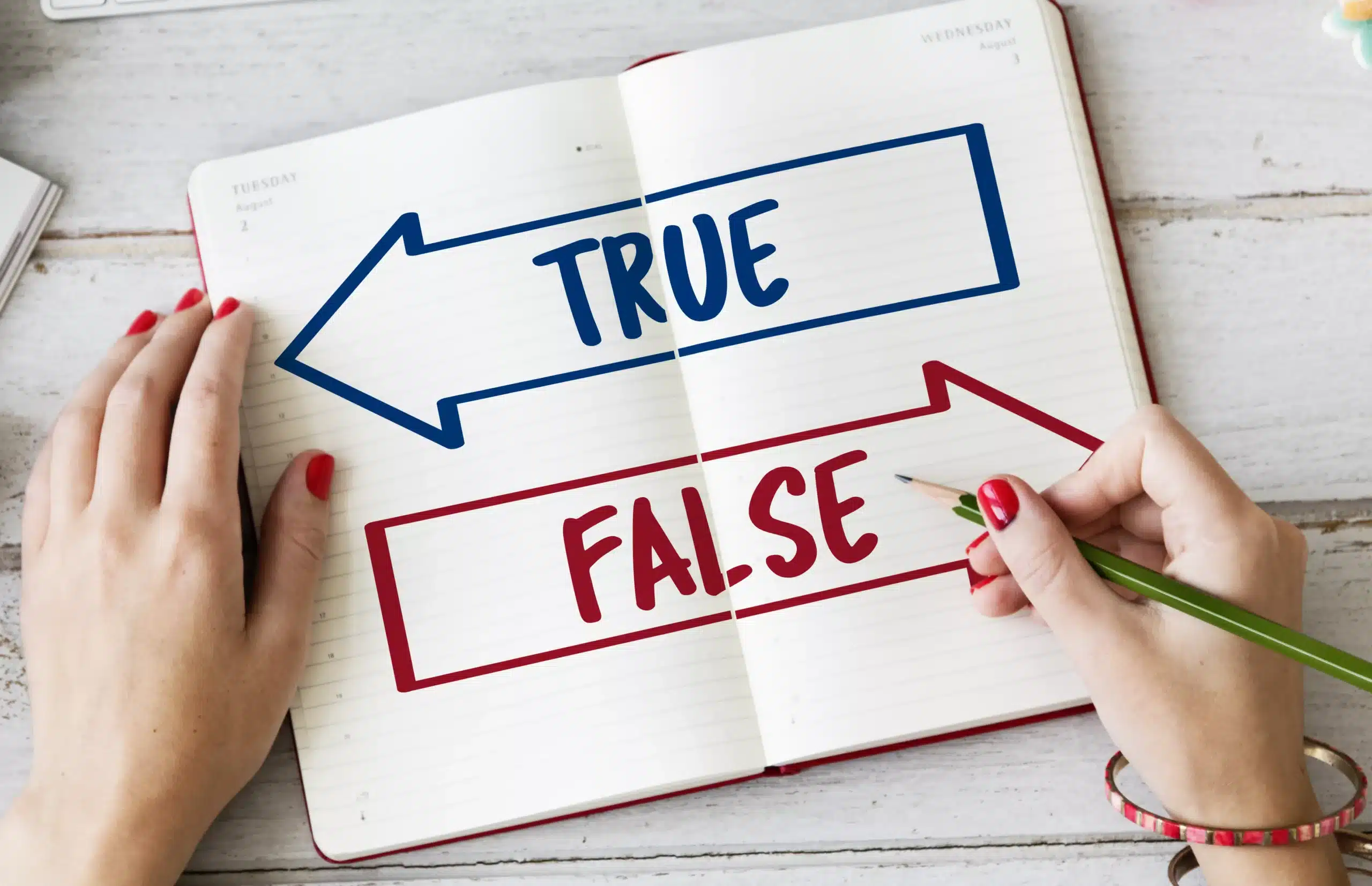Washington’s criminal laws say you commit a crime if you make a false statement to a public servant. The offense is a misdemeanor that is punishable by possibly both jail time and a fine. Please contact a skilled criminal defense attorney now if you are facing any type of criminal charge involving a false statement or an alleged lie.
What is the Crime of Making a False Statement to a Public Servant?
RCW 9A.76.175 is the Washington statute that sets forth the offense of making a false statement to a public servant. Per this law, you commit a crime if you knowingly make a false or misleading material statement to a public servant. A few definitions here are helpful:
- A “material statement” means a written or oral statement reasonably likely to be relied upon by a public servant, and
- A “public servant” means any person other than a witness who is an employee of the government (an example includes a judge or legislator).
As to “material statement,” an example here is helpful. Consider the scenario where you are reporting a hit and run accident to a police officer. You provide the following statements:
- Lying, you say that you specifically saw Joe Smith driving the car that drove off, and
- Confused about the incident, you say that the driver of the vehicle may have been chewing gum.
The first statement is a material statement since the officer would reasonably rely upon it to launch an investigation. However, the second statement is likely not material since there is no reason why an officer would rely upon it.
What are the penalties?
Making a false or misleading statement to a public servant is charged as a misdemeanor offense under Washington law. A conviction of the crime is punishable by:
- Imprisonment in jail for up to 90 days, and/or
- A maximum fine of $1,000.
Can a Defendant Raise a Legal Defense?
Yes. You have the right to challenge a charge under RCW 9A.76.175 with a legal defense. A common defense is to show that the statement you made to the public servant wasn’t “material.” Again, this is a statement that the servant wouldn’t reasonably rely upon. Another common defense is to show that the person you made your statement to wasn’t a “public servant.” Again, this is a person not employed by the government.
Your criminal defense attorney can also try to contest a charge by showing that you did not “knowingly” make a false statement. Perhaps, for example, you made a false statement but believed that it was true. Here, you have a valid defense since you didn’t knowingly lie.
Contact Black & Askerov for Help
While a defendant can raise a legal defense to challenge a false statement charge, it will take a skilled criminal defense attorney to raise the best defense. The experienced criminal defense attorneys at Black & Askerov have over 30 years of combined experience defending clients on various misdemeanor charges. Our Seattle criminal defense lawyers also have the skill and commitment that makes all the difference in these cases. Our attorneys will fight tooth and nail for you at every step of your case. Contact us now to get the legal help you deserve!





